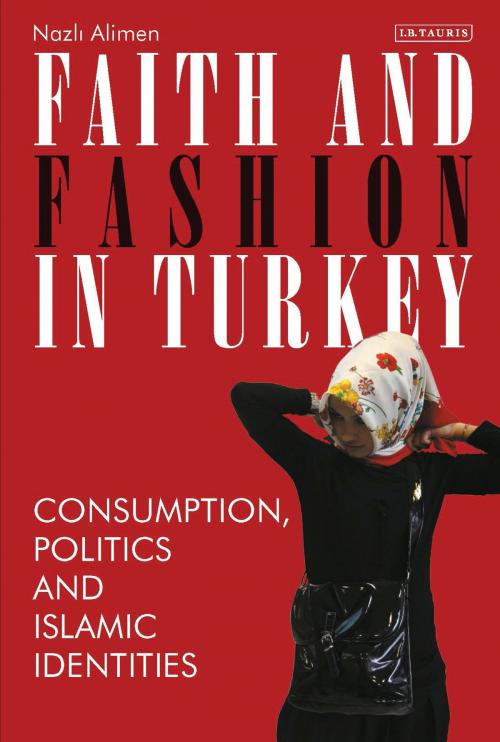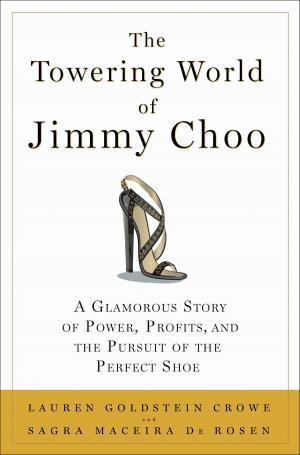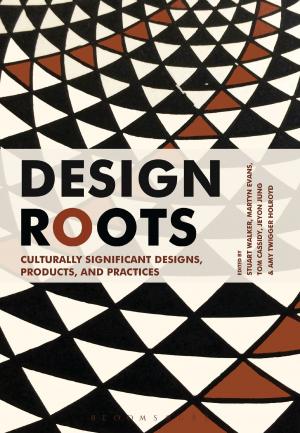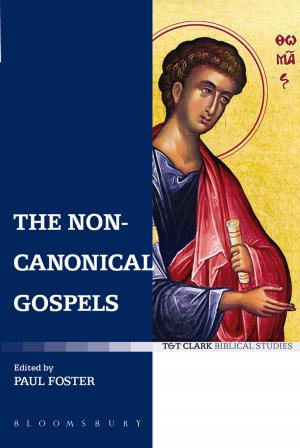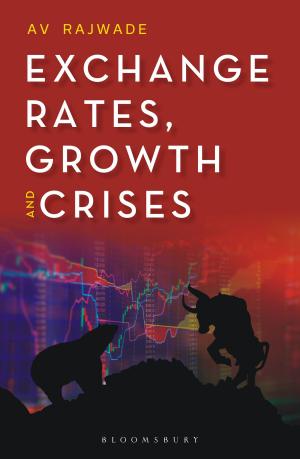Faith and Fashion in Turkey
Consumption, Politics and Islamic Identities
Nonfiction, Social & Cultural Studies, Social Science, Business & Finance, Religion & Spirituality| Author: | Nazli Alimen | ISBN: | 9781786723796 |
| Publisher: | Bloomsbury Publishing | Publication: | February 28, 2018 |
| Imprint: | I.B. Tauris | Language: | English |
| Author: | Nazli Alimen |
| ISBN: | 9781786723796 |
| Publisher: | Bloomsbury Publishing |
| Publication: | February 28, 2018 |
| Imprint: | I.B. Tauris |
| Language: | English |
Turkey has witnessed remarkable sociocultural change under the regime of Recep Tayyip Erdogan and his Justice and Development Party (AKP), particularly regarding its religious communities. As individuals with pious identities have increasingly gained access to state power and accumulated economic influence, so religious appearances and practices have become more visible in Turkey's 'secular' public spaces. More than this, consumption practises have changed and new Islamic and Islamist identities have emerged.
This book investigates three of the most widespread faith-inspired communities in Turkey: the Gülenists, Süleymanl? and the Menzil. Nazli Alimen compares these communities, looking at their diverse interpretations of Islamic rules related to the body and dress, and how these different groups compete for power and control in Turkey. In tracing what motivates consumption practices, the book adds to the growing interest in the commercial aspects of modest and Islamic fashion but also highlights the importance of clothing and bodily rituals (such as veiling, grooming and food choices) for the formation of community identities. Based on ethnographic research and in-depth individual interviews, Alimen analyses the relationship between the marketplace and religion and shows how different communities interact with each other. Of particular note are the varied expressions of Islamic masculinities and femininities at play. Appealing to a cross-disciplinary readership, the book will be relevant for scholars within Turkish Studies, Gender Studies, Islamic Studies, Fashion, Consumption Studies, Sociology of Religion and Middle Eastern Studies.
Turkey has witnessed remarkable sociocultural change under the regime of Recep Tayyip Erdogan and his Justice and Development Party (AKP), particularly regarding its religious communities. As individuals with pious identities have increasingly gained access to state power and accumulated economic influence, so religious appearances and practices have become more visible in Turkey's 'secular' public spaces. More than this, consumption practises have changed and new Islamic and Islamist identities have emerged.
This book investigates three of the most widespread faith-inspired communities in Turkey: the Gülenists, Süleymanl? and the Menzil. Nazli Alimen compares these communities, looking at their diverse interpretations of Islamic rules related to the body and dress, and how these different groups compete for power and control in Turkey. In tracing what motivates consumption practices, the book adds to the growing interest in the commercial aspects of modest and Islamic fashion but also highlights the importance of clothing and bodily rituals (such as veiling, grooming and food choices) for the formation of community identities. Based on ethnographic research and in-depth individual interviews, Alimen analyses the relationship between the marketplace and religion and shows how different communities interact with each other. Of particular note are the varied expressions of Islamic masculinities and femininities at play. Appealing to a cross-disciplinary readership, the book will be relevant for scholars within Turkish Studies, Gender Studies, Islamic Studies, Fashion, Consumption Studies, Sociology of Religion and Middle Eastern Studies.
